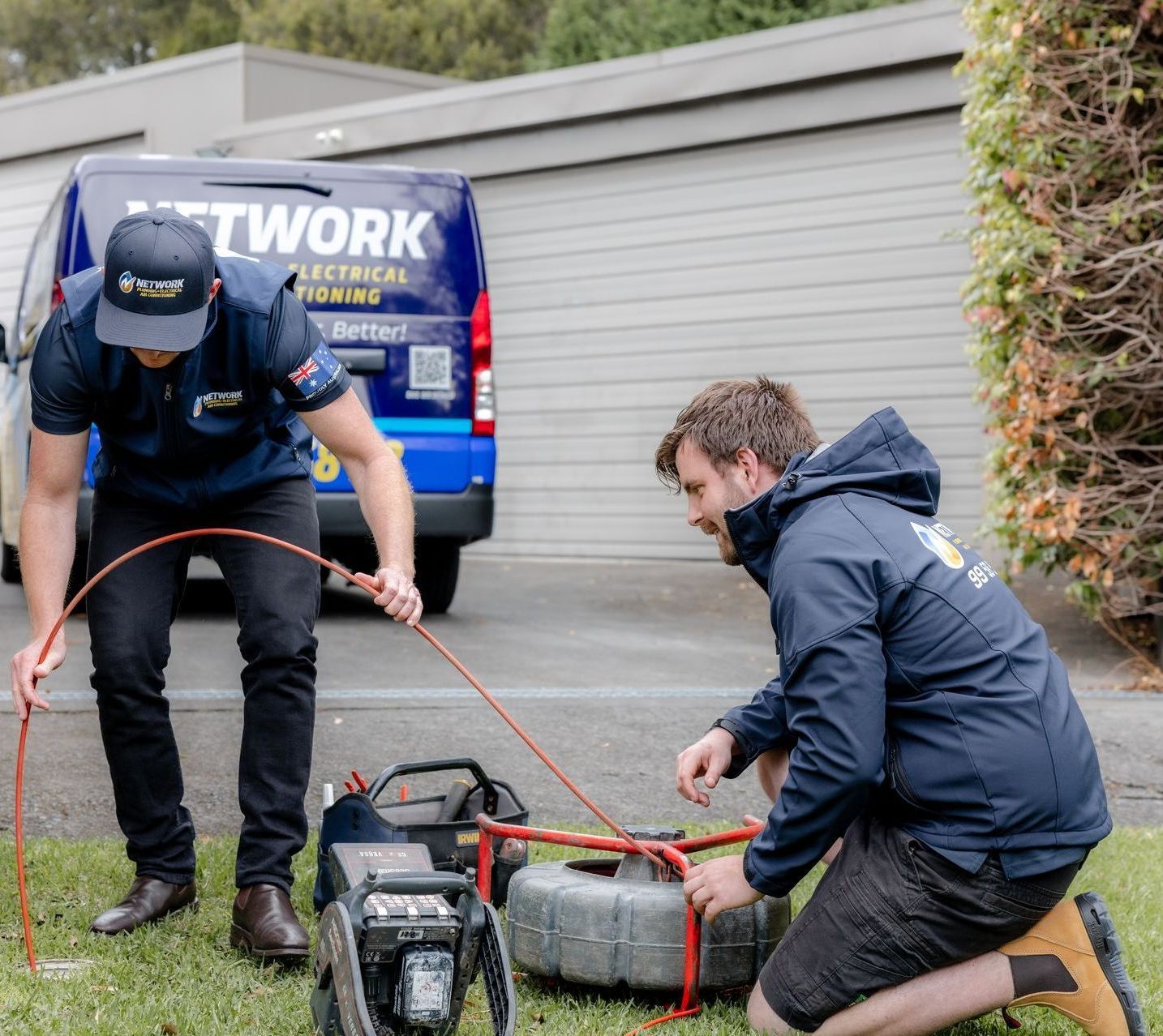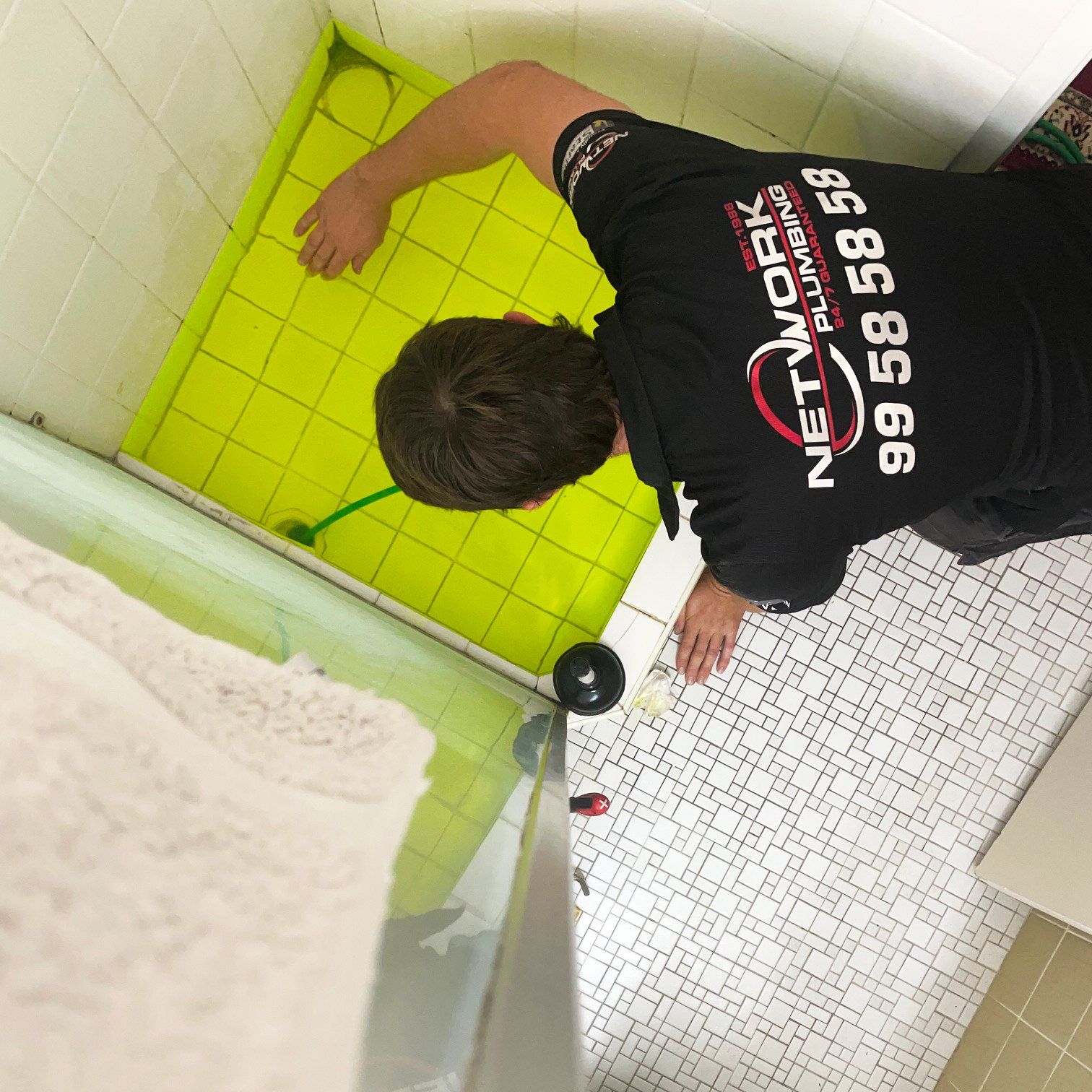Top 10 Electrical Tips For Your Home
This week we are looking at electrical tips that aren’t only helpful, but also potentially lifesaving.
1. Make sure a residual current device (RCD) is installed in your home
An RCD is used to reduce the risk of electric shock by shutting off power if it detects that the current is flowing along an unintended path, possible through water or through a person.
2. Check to make sure outlet and switch plates aren’t unusually hot to the touch
If they are, immediately unplug cords from these outlets and do not use the switches until you have an electrical inspection performed.
3. Not all power boards are surge protectors
And not all surge protectors can handle the same load. Be sure the equipment you buy matches your electrical needs and that they are installed correctly.
4. Extension cords are for temporary needs – not permanent solutions
If you have the constant need for a power outlet somewhere in your home, then spend the extra money and have a permanent solution installed where you need it, It will help you tidy up your home and reduce tripping hazards.
5. Use a light bulb of the correct type and wattage
Using the wrong bulb can lead to frequent blown bulbs and even fires. If you don’t know the correct wattage, contact the manufacturer of the lamp or fixture or ask an expert.
6. Short Circulating Appliances
Appliances that repeatedly blow fuses or trip circuit breakers are probably doing so for a reason. They should be unplugged and replaced or repaired by a qualified professional.
7. Buyers Beware
Buyers should beware of bargains that seems too good to be true. Products ay be inexpensive because they are counterfeit or defective. Check that the electrical product you are buying meets the right quality standards.
8. See the signs
Flickering switches or blown fuses are indications of possible electrical problems. Arcs, sparks, sizzles, buzzes or an unusual odour in the vicinity of a switch or lighting fixture Is a sign of an equipment problem.
9.Don’t go for shock therapy
Electrical shocks – even mild ones, are an indication of an electrical hazard and should be checked.
10. Use a professional
The worse you may get if you try to do your own plumbing might just be a flooded house, but if you try to do your own electrical then you are risking your home and the life of you and your family. Hire qualified, reliable tradespeople.
Every day, Network Plumbing delivers the highest quality service to homeowners all over Sydney. No matter how big or small the job is, we will respond to your needs with Guaranteed Service.
You might also like





